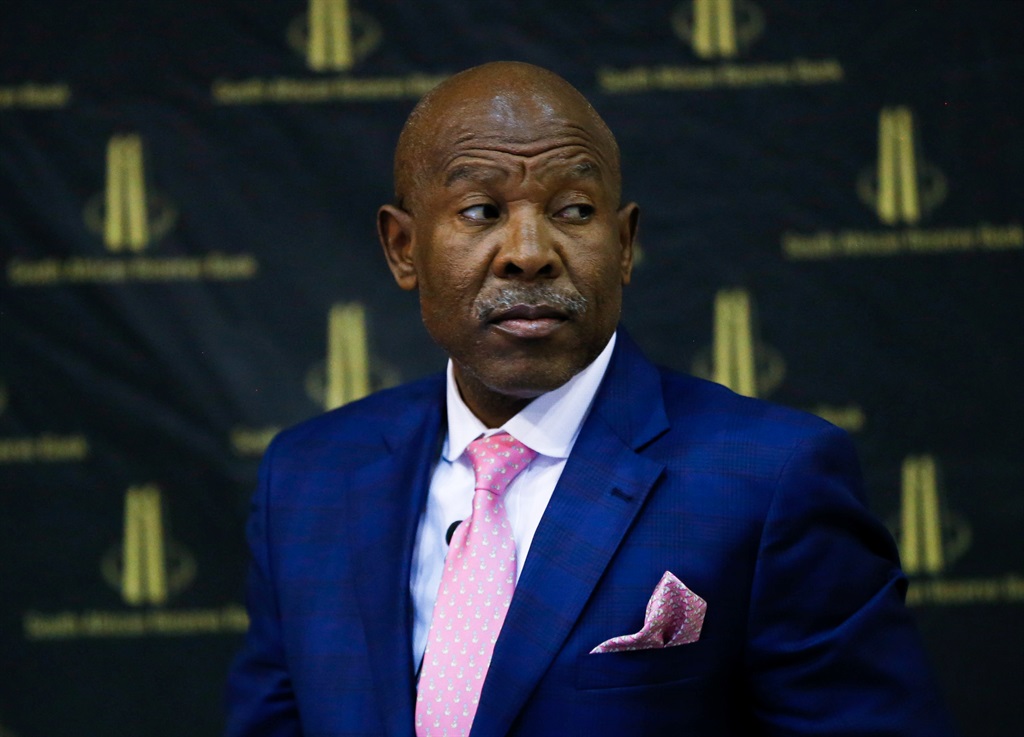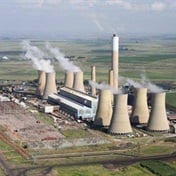
Reserve Bank governor Lesetja Kganyago said a quantitative easing programme – the buying of government bonds directly to stimulate the economy – and calls to change the current mandate of the central don’t make much sense for South Africa.
Kganyago was speaking at the University of Pretoria webinar themed Monetary policy in the shadow of Covid-19 on Wednesday.
“In South Africa, there is a surprising amount of interest in quantitative easing. From being arcane jargon, many people have suddenly developed passionate views about it. Given all this, let me summarise where we are in this conversation.
“Quantitative easing will become appropriate when interest rates are at the zero lower bound and there is a deflation risk. While inflation has eased and created space for lower rates, I am not aware of any professional analyst who projects deflation in South Africa,” said Kganyago. “Our own Reserve Bank forecasts are in line with this consensus.”
The governor said while everyone would like South Africa to reach permanently high growth, this is beyond the powers of a central bank.
South Africa’s growth problems need to be addressed through structural reforms and confidence-boosting measures, said the governor.
“South Africa’s growth and employment problems are bigger than monetary policy. To give just one example, the central bank cannot stop electricity loadshedding with interest rates,” he said.
“For instance, even when the economy was booming, unemployment stayed above 20%. As with growth, the bedrock of this problem is structural, not cyclical. In this case, it’s the legacy of bantustans, apartheid education, and the failure to fix those problems.”
The governor added that South Africa’s labour markets have also historically raised the cost of hiring people even when the economy was weak and people were losing jobs. He said cost inflation has further undermined job creation even when economic growth picked up. Kganyago said because of these kinds of structural reasons, an employment mandate for the reserve bank was not likely to be effective.
It is very unlikely that the country would get unemployment permanently low, he said. We would see higher inflation, making the growth and jobs challenges even worse, he added.
“We want to be crystal clear that we won’t make that mistake,” he said.
Read: Let’s focus on the real challenges instead of debates on Reserve Bank mandate – Kganyago
Kganyago’s address comes amid high criticism from some political parties, unions and economists who say it’s time South Africa move from an inflation-targeting monetary policy framework to a more developing-country friendly mandate.
Last month, the ANC published its discussion document titled Reconstruction, Growth And Transformation: Building a New, Inclusive Economy. The document says the ANC’s view is that a “constitutionally-independent the Reserve Bank should be fully state-owned”.
It adds that the state ownership of the Reserve Bank must be done in a manner that does not unfairly enrich certain private central bank shareholders who seek to abuse the situation.
Monetary policy must be better coordinated with fiscal policy and South Africa needs to deploy a wider range of pro-growth and pro-investment monetary policy instruments that are compatible with the reconstruction of an economy, reads the document.
“The Covid-19 coronavirus pandemic has provided a clear indication of the role monetary authorities can play in injecting resources into the economy and in using bond purchases to stabilise capital markets and put downward pressure on longer-term interest rates,” it says.
However, Kganyago said the Reserve Bank can only be held accountable for achieving low and stable inflation.
“Economic growth requires a collaborative effort. It is simply not within the power of one institution to deliver. It is a team sport. It needs contributions from education, from the development finance institutions, from the private sector, and from many other players,” he said.
Kganyago added that South Africa needed to find a path back to fiscal sustainability and growth, saying the real task now was to restore fiscal credibility and to implement structural reforms so the economy has a way to become more efficient and grow.
| ||||||||||||||||||||||||||||||
 |




 Publications
Publications
 Partners
Partners










